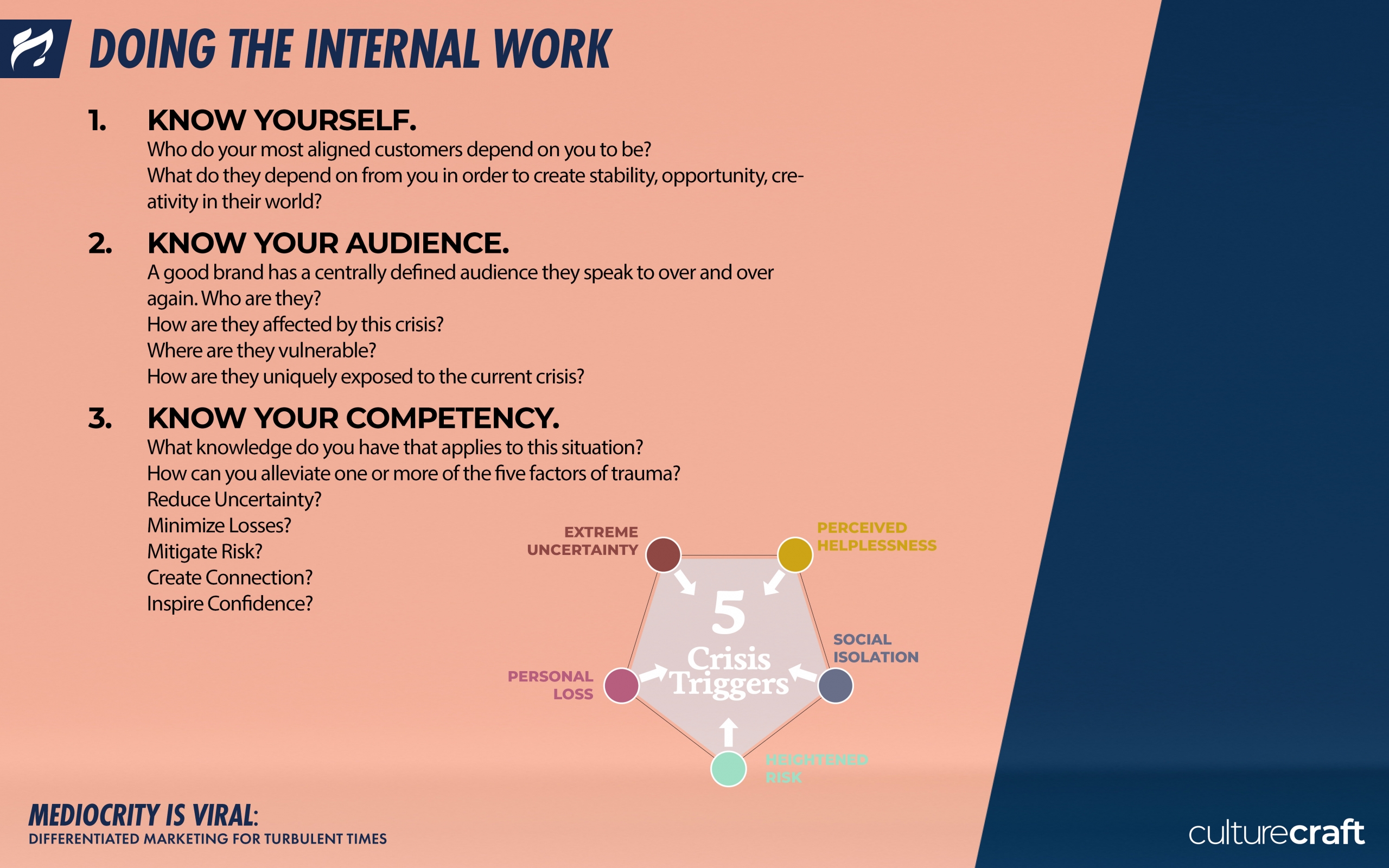Everything old is new again in advisor communications
This guest post comes from Andy McMorrow, a longtime financial marketer who has inspired some of my own blog posts. I’m glad to have his contribution about crisis communications for advisors.
Everything old is new again in advisor communications
By Andy McMorrow
Back in the day—probably been 15 or 20 years ago—private wealth consultant Russ Alan Prince did research on the topic of advisor communication during times of crisis. He discovered that not only did communication with clients help advisors retain client assets (as compared to those who did not communicate with clients), it could be used as the basis to grow AUM as markets returned to relative normalcy. More on this in a moment.
Discussing bad news can differentiate
Prince hypothesized that communication during times of crisis was a differentiator from most clients’ perspectives. My hypothesis in this blog post is that it remains so.
Let’s face it: delivering bad news hasn’t gotten any better in the past decade. There’s still no app for that.
Fact is, the path of least resistance for advisors has always been to avoid the discomfort of a discussion with a client when their portfolio performance is less than ideal.
Prince suggested that doing exactly that can really set one apart and help build trust. I think it’s a great plan of action for those willing to set aside the short-term angst of making lots of client calls in order to strengthen the client relationships.
4 suggestions for conversations
How does one go about this? Several ideas:
- Focus on the plan—Remember the plans that you worked diligently to develop in close collaboration with your clients when the market was gliding ever upward? The plans that formalized the rational approach you suggested based on their time horizon, comfort with risk, etc.? That’s a great tool to support your outreach, especially if it can help you show that they are still on track to meet their objectives over the long term. Help them focus on the thinking they understood and signed off on before things went haywire and panic rose to the fore.
- Help them be heard—Much of the value of financial advice comes from just “being there,” listening and acting as a sounding board, and keeping clients from taking rash action. (I want to sell at the bottom of the market and put everything in cash!)
- Remind them that they’re part of the herd—Research has shown that investor attitudes to gain or loss can vary greatly depending on how that gain or loss compares to the market in general or that of another individual. Admittedly, a 25% loss of assets is tough no matter how it is communicated, but understanding that every investor felt that to some degree, will take the edge off of it. All investors—not just your clients—are feeling the pain.
- They haven’t lost until they sell—Those losses are only conceptual unless the client locks them in by selling at the bottom of the market. Sure, nobody knows where the bottom is, just like no one knew where the top was; time to break out the “10 best days in the market” and other sales idea to help them understand the risks associated with staying the course or selling after the market’s worst series of days.
The point is communication is better than not communicating. As speaker and financial advisor coach Richard Weylman says, “In the absence of communication, people always assume the worst.”
Don’t let them assume the worst about you and your relationship with them and their money.
Grow your AUM
As a final thought, consider Prince’s final suggestion for communication: use it as the foundation of a strategy to actually grow your assets under management.
How do you go about this?
Prince suggested that in your outreach you ask about client assets that are managed by an advisor or advisors other than you. (If I recall, Prince had compelling research that said most clients do have assets spread among two or more advisors.)
Have they heard from their other advisor?
Yes? What did she or he say?
No? How do they feel about that? Depending on their response, you may have the perfect opening to use that lack of communication to segue into a conversation about consolidating those assets with someone they trust and is there for them in good times or bad.
If not, simply take note and be sure to ask again when you reach out in your next touch during the Downturn of 2020.
Andy McMorrow is a financial services marketer with more than 20 years helping asset managers, institutional firms, and advisors engage clients and prospects to prepare for their financial futures.

